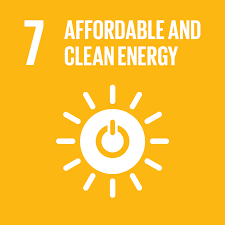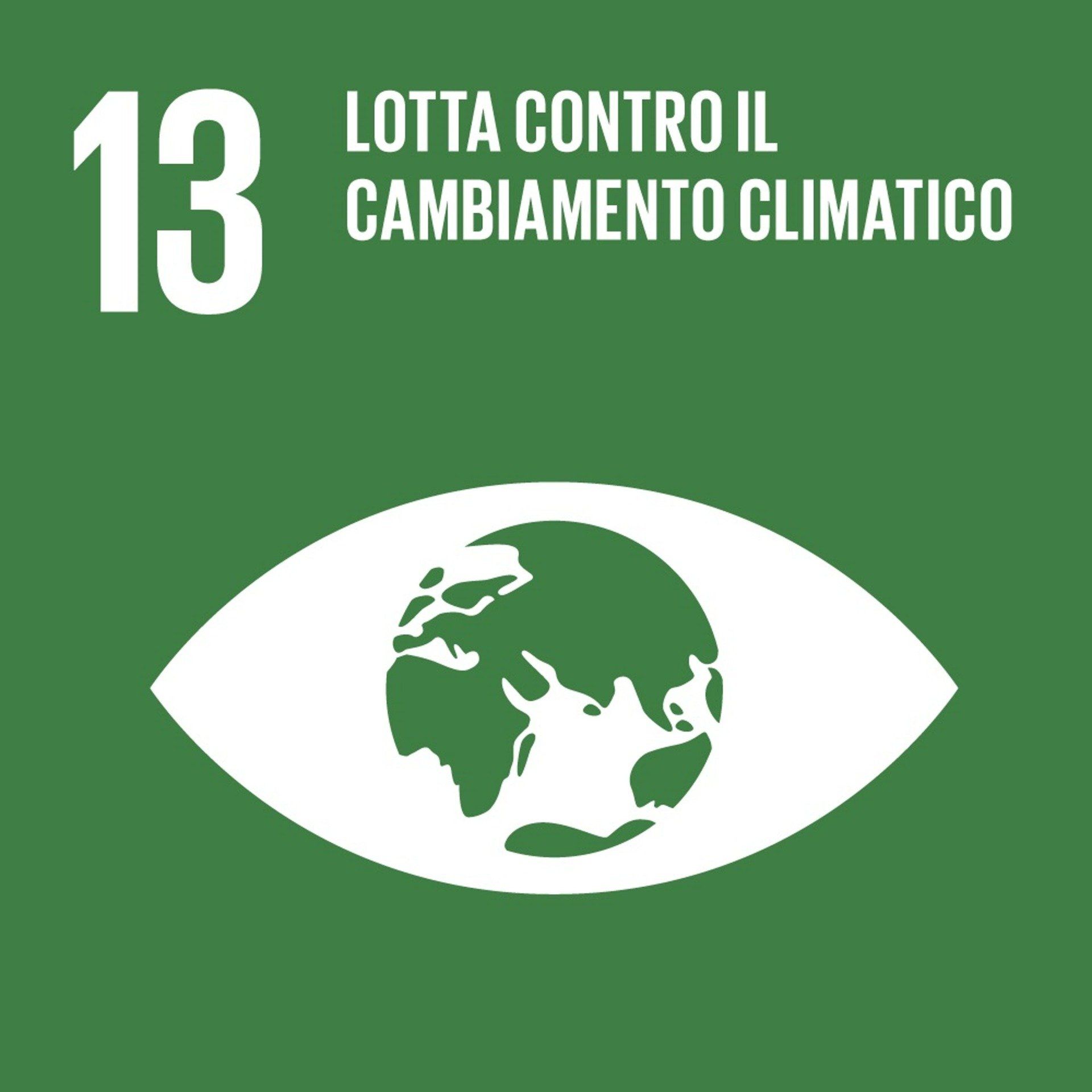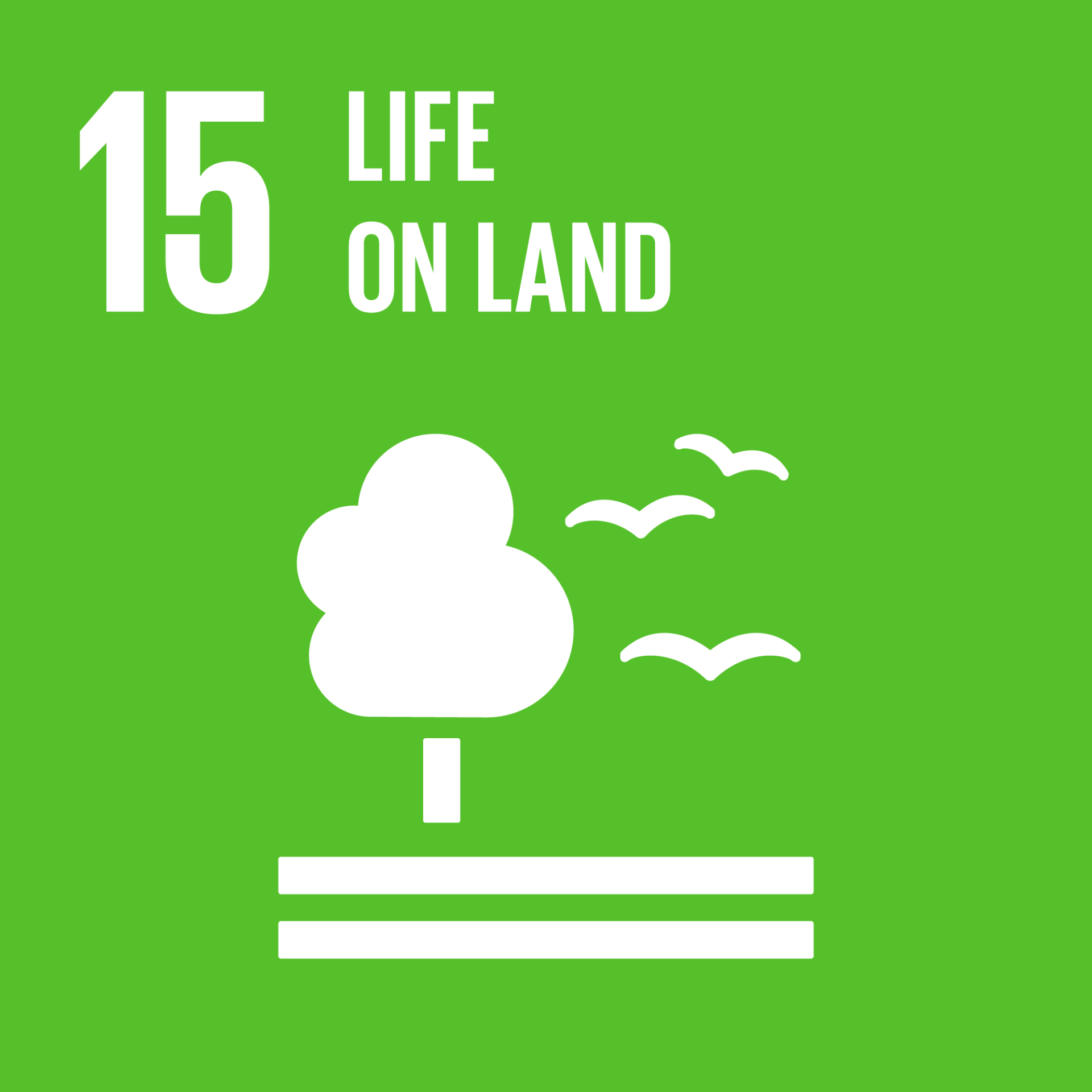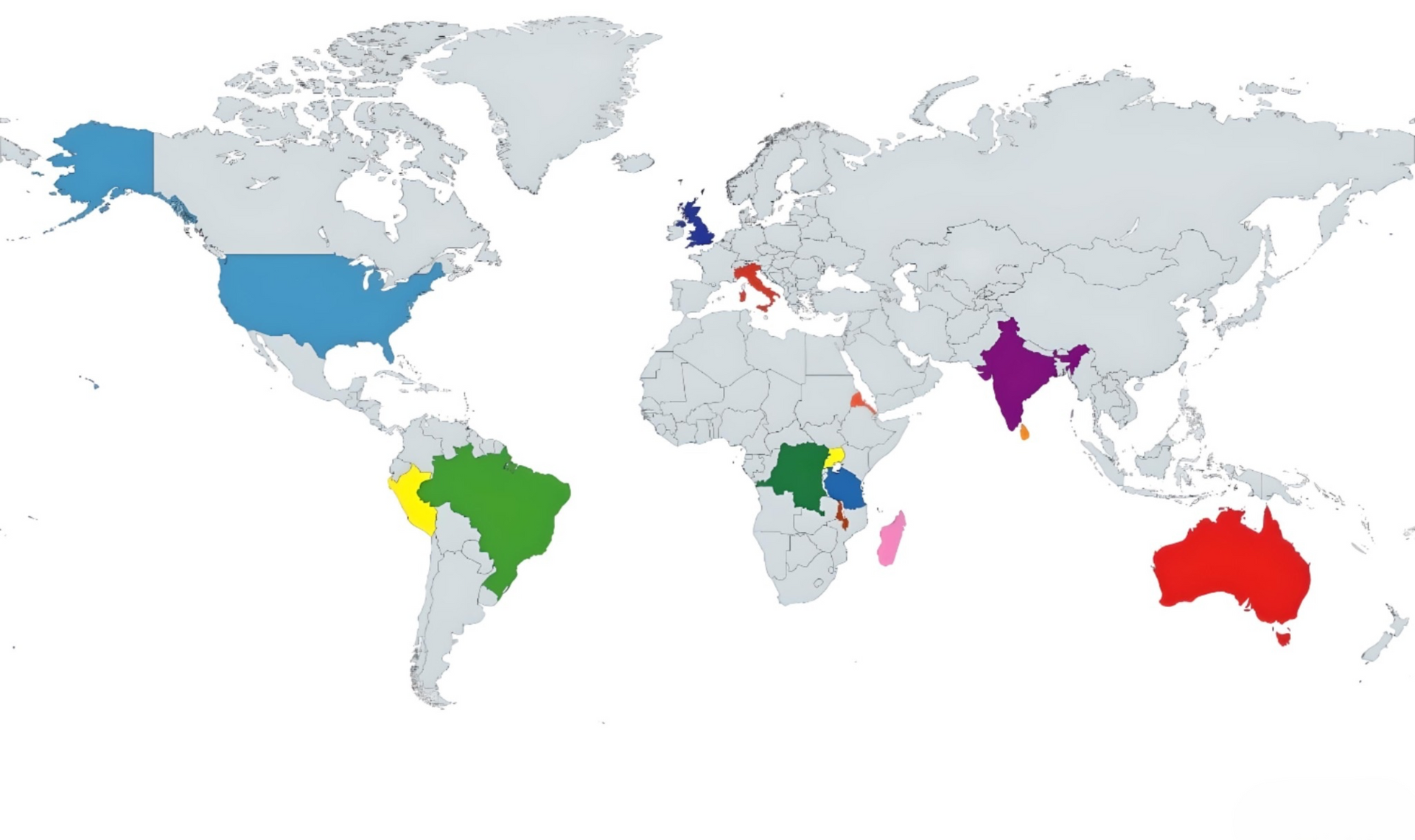ERITREA
"a country ravaged by war and with a fragile peace"
solar panels for families
Eritrea is sunny practically all year round. Solar energy therefore represents an almost obvious solution to the country's energy needs. That's why Rosa Rossa assisted with the installation of solar panels which accumulate electricity during the day and release it in the evening. In this way, in addition to guaranteeing a greater number of hours of light per day, an economic, abundant and ecological source of energy is made available.
To date Rosa Rossa donated 25 solar kits, each capable of providing evening lighting to one home. All the homes were previously without electricity, and only sources of night light were candles or poisonous kerosene lamps.
Statistics
- 6 hours electricity every day
- 25 solar kits installed to date
dairy sheep for families
The project consists in supplying needy families with goats or sheep, resistant animals capable of surviving with the few resources that the area makes available. Pregnant specimens or with lambs are distributed, which allows the families assigned to an increase in income deriving from the future sale of the lambs, but also an improvement in the diet, traditionally low in proteins, thanks to the consumption of milk and derivatives and, a once the flocks grew, even of meat. Furthermore, the beneficiary family undertakes to transfer the second lamb to another needy family, in a virtuous chain of solidarity.
During the 3 years of the project, the Foundation donated the purchase of 120 sheep well financed.
statistics
120 sheep and goats donated to increase family income.
'mogogo ecological' ovens
The Eritrean mogogò is a traditional domestic oven for cooking food: it is not very efficient (energy efficiency less than 10%) and exhales combustion fumes directly inside the home, causing serious respiratory complications and continuous eye irritation. The 'ecological mogogo' ovens donated by the foundation, on the other hand, consume up to 50% less wood than normal ovens. Consequently, the emission of fumes and ashes is also halved and therefore the incidence of respiratory diseases in the children who live in those homes is significantly reduced. Above all, the ovens are produced by a women's cooperative and also in this way, therefore, the development of a micro-economy is encouraged.
During two years, the foundation donated 25 "ecological Mogogò" ovens, and supported a local cooperative for the production of another 45 ecological ovens on site.
statistics
25 Mogogò ecological ovens installed for the development of a micro-economy
support for children infected with HIV
The HIV plague, widespread in Eritrea, particularly affects orphaned children, of one or both parents. In this case, these are children who still live with the surviving parent or with other family members, but the pathology they suffer from requires a diet that is particularly rich in protein, which entails unsustainable costs for them. The Foundation's intervention is therefore aimed at guaranteeing these children a diet suited to their needs and will continue until the assisted children reach the age of majority.
What they say about us
"Dear Rosa Rossa, thank you very much. We are not in good health, and thanks to solar panels we now have electricity, and we no longer have to inhale the toxic fumes of previous fuels."
Myhret (housewife, 72) - Yosief (farmer, 77)
"Dear Rosa Rossa, thank you from the bottom of my heart for the sheep you have given me. I am a widow, HIV-positive, with three small children. I was desperate before, but now the sheep's milk allows me to take care of my children, Miriam, Santos and Divora."
Menghi (mother, 30)
"Dear Rosa Rossa, thank you very much for the sheep you have given us. We live as waste from society because we are HIV-positive. We will take loving care of our little sheep, because this gift has really brought hope back into our lives and those of our children."
Kesete (housewife, 37) and Kubrom (farmer, 47)











